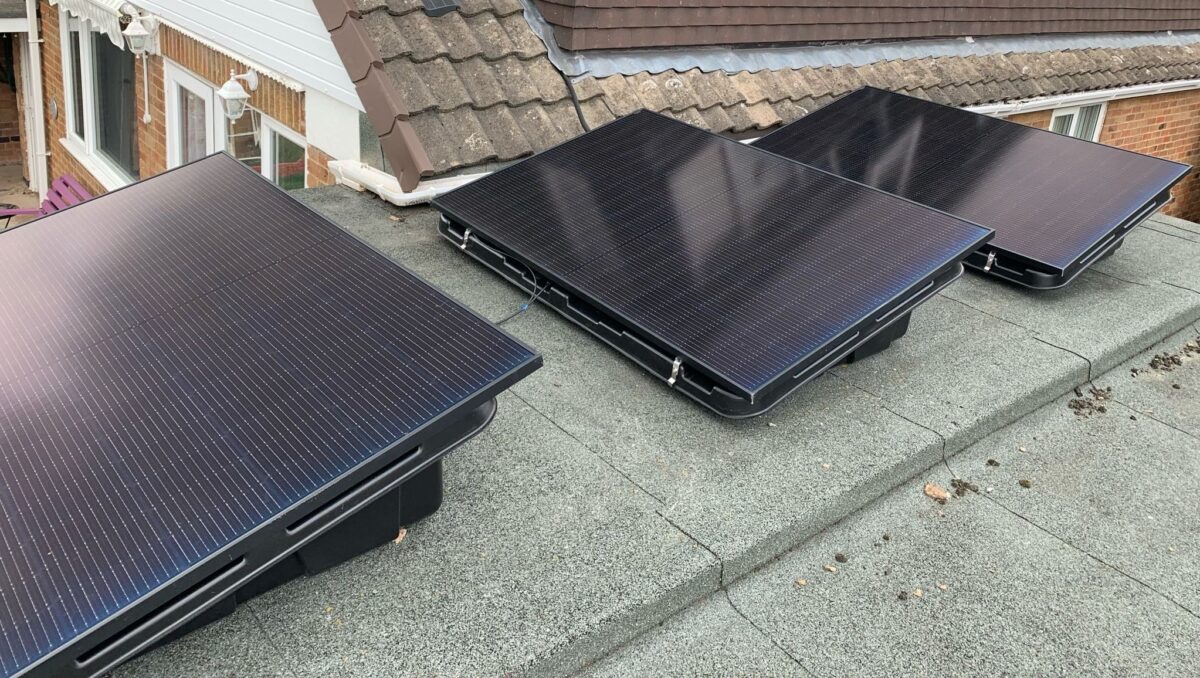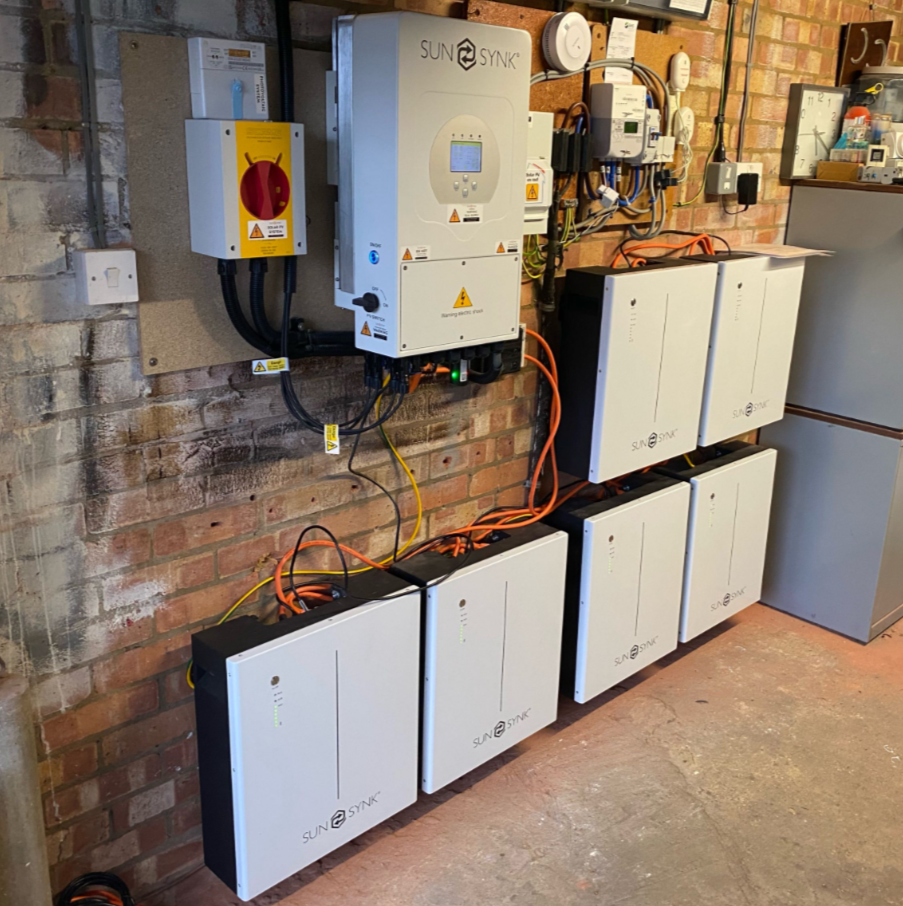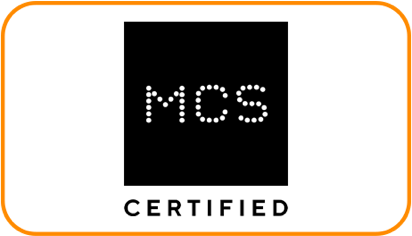Massachusetts Institute of Technology (MIT) have managed to develop and produce a new resourceful “living” material out of non-living things mixed with E. coli bacteria. The incorporated elements could be hugely effective and useful if they were to be used in solar panels and mark a shift in technology for the future of solar panels.
Timothy Lu, an Assistant Professor of Electrical and Biological Engineering and his researchers have shown that it is achievable to combine gold nanoparticles and even quantum dots to form “living materials.” These smart ingredients will be capable of reacting only to the environment like a living cell and even repairing themselves.
E. coli naturally formulates a thin coating of biofilm cells, which consists of “curli fiber” proteins that aid the bacteria to stick to the surface. By seizing the gold nanoparticles, the material came to be productive of electricity, which indicates that it could be utilized in solar panels on roofs to conduct and store electricity.
One of the most impressive findings was that cells could be devised to communicate with each other. “It shows that indeed you can make cells that talk to each other and they can change the composition of the material over time.”
Mr Lu explained “Our idea is to put the living and the nonliving worlds together to make hybrid materials that have living cells in them and are functional. It’s an interesting way of thinking about materials synthesis, which is very different from what people do now, which is usually a top-down approach.”
Embracing the Future of Solar Panels
The future of solar panels is bright, with continuous advancements promising greater efficiency, affordability, and versatility. As these innovations become mainstream, solar energy will play an increasingly vital role in our transition to a sustainable, low-carbon future. By staying informed about these emerging technologies and considering their potential applications, we can make more informed decisions about adopting solar energy solutions and homeowners can take advantage of improved energy efficiency and reduced utility bills, while businesses can benefit from lower operational costs and enhanced sustainability credentials.














